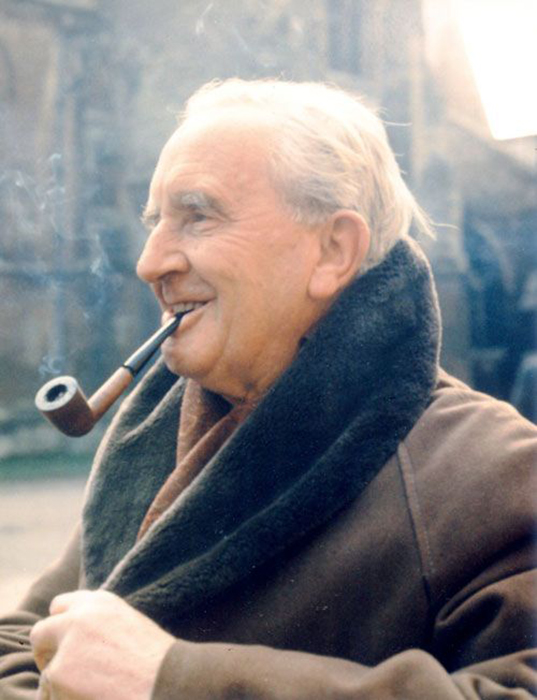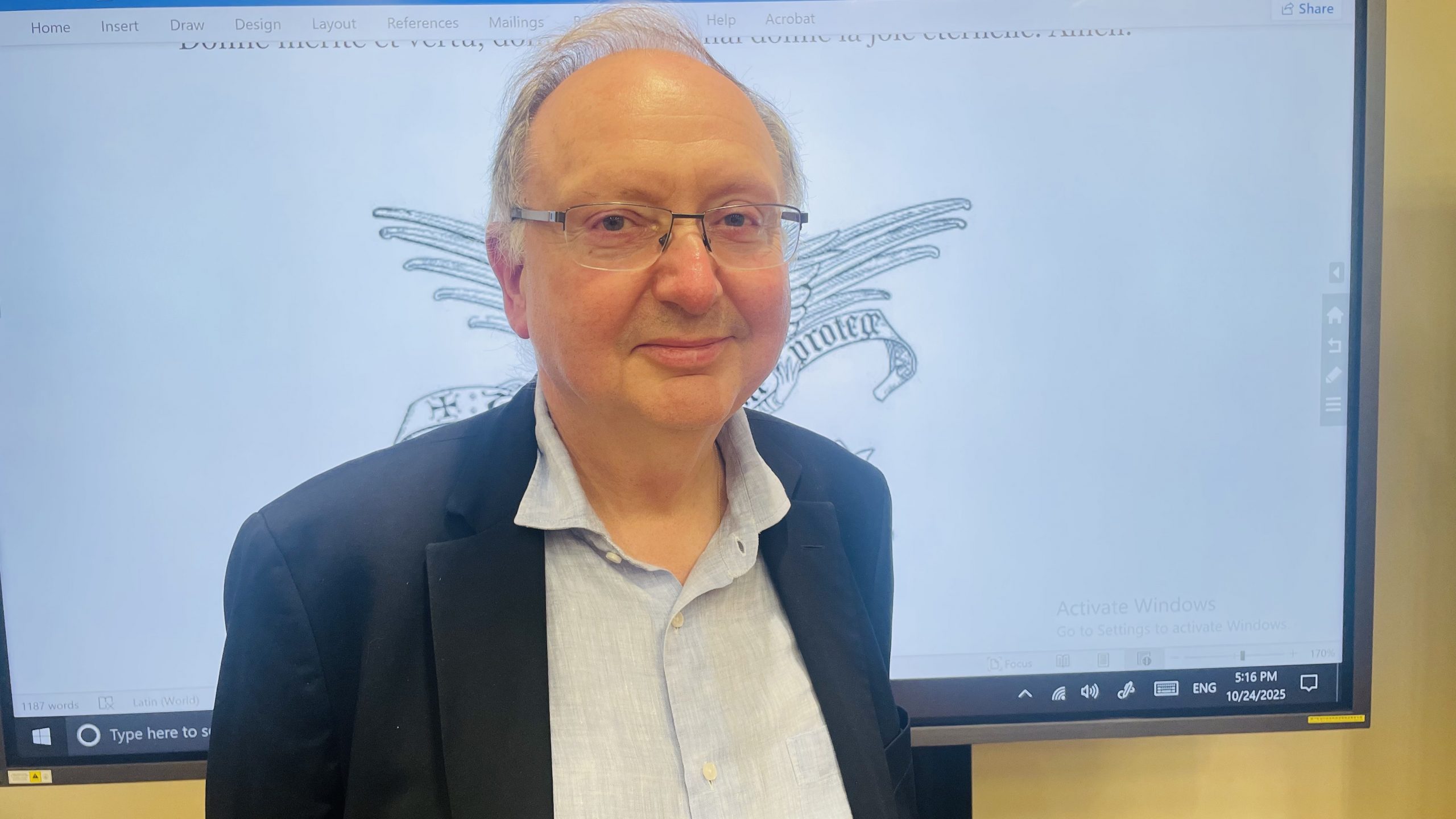ROBAIRD O’CEARBHAILL
Hong Kong Correspondent
J.R.R. Tolkien was one of the most famous authors of the 20th century. His book, Lord of the Rings, sold 50 million copies. Encyclopedia Britannica stated that it was voted as the best book of the 20th century. The prelude to the Lord of the Rings, The Hobbit was also popular and both stories became critically acclaimed and successful three part movies. Tolkien’s devout Catholicism, converted in childhood, showed through in the books, where the heroes put community spirit first above their safety. They had to challenge the dark power that wanted to overcome their world.
Tolkien’s childhood was far from easy. His father died when he was three and left them dependent on relatives’ income. However, when his mother converted to Catholicism, both parents’ families stopped supporting her out of Protestant outrage. Four years later she died.
“My own mother was a martyr indeed, and it is not to everybody that God grants an easy way to his great gifts to Hilary (his brother) and myself, giving us a mother who killed herself with labour and trouble to ensure us keeping the faith,” Tolkien was quoted to say in the biography by Charles Rivers Editors. The orphans were fortunate that a priest became their guardian, took care of them, continued their religious upbringing and good schooling.
Tolkien ended up at the top of his college class, entered Oxford university and graduated. But from academic heaven he was soon in hell – of World War 1. He survived the horrendous 1916 Battle of the Somme, where 1,113, 000 soldiers died, but was sick for two years after contracting Trench fever.
Many critics wonder about his motivations for his epic three-part Lord of the Rings and much has been written on Catholic websites on the religious themes of the book. John Kezel at a St John Cardinal Newman Conference in 2010 at the Jesuit University of New York, Fordham University, quoted Tolkien on two revealing aspects: “… fundamentally a religious and Catholic work; unconsciously so at first, but consciously in the revision.”
Another Tolkien biographer, the Catholic Professor Dr Holly Ordway, of Houston Baptist University , believes the experiences of war resounded in the book. But Kezel again quotes the author that winning the battle against the evil forces was not his main thrust. “I don’t even think Power or Domination is the real theme for me. (It is) something more permanent and difficult: death and immortality.” (Photo by HarperCollins)


 Follow
Follow


